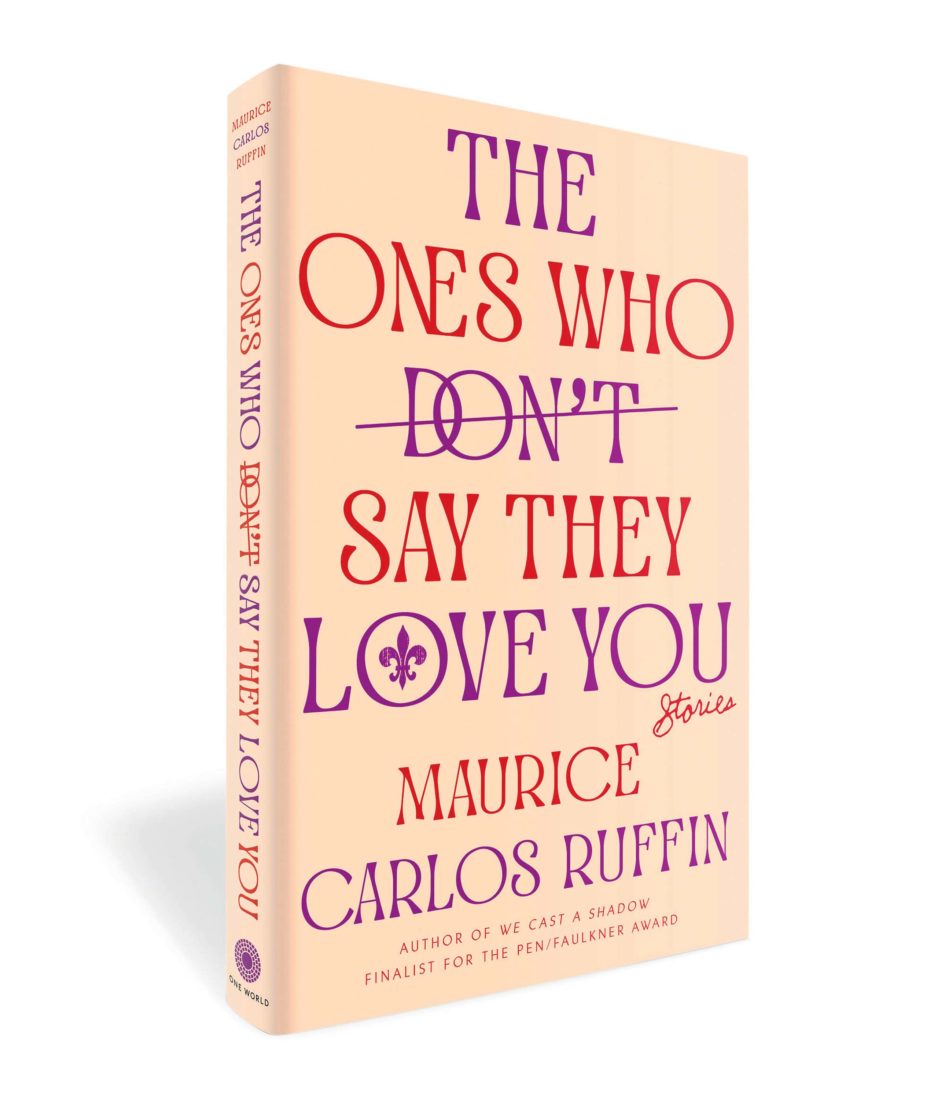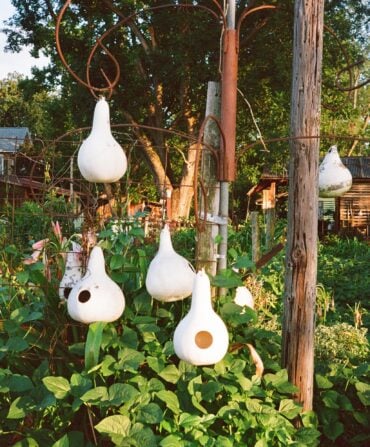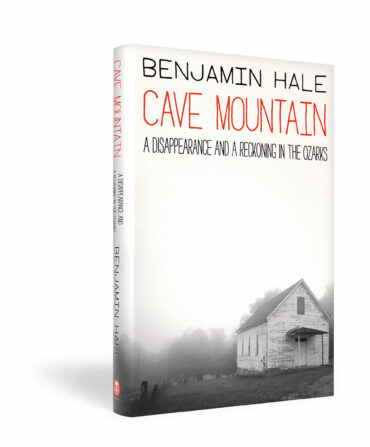The city of New Orleans would seem, on a surface level, to be an ideal setting for literary fiction. It’s got an excess of texture, atmosphere, and native intrigue. It’s got ghosts, funk, and grit. It’s got sin and sweat and sauce piquante. Setting a story in New Orleans, one might think, should be something like running a photo through an Instagram filter: ready-made ambience, quick-cooking gravitas.
Hardly ever, though, does it play out this way. New Orleans is a complicated, fluid, and unruly entity, a racial and cultural kaleidoscope that never pauses spinning and can confound visitors and residents alike. With some notable exceptions (native John Kennedy Toole topping the list), writers tend to get bogged down in the city’s peculiarities, its too-good-to-leave-out details, its good-timey veneer. Like conventioneers, they overindulge. They string beads round every neck and ladle red beans into every bowl. They end up suffocating on their own swamp gas.
The nineteen stories in The Ones Who Don’t Say They Love You, Maurice Carlos Ruffin’s debut collection, are the antithesis of all that—maybe even the antidote. Ruffin was born and raised in New Orleans, so the city’s quirks aren’t quirks to him. They’re just home. But then Ruffin isn’t so much interested in New Orleans as he is in his fellow New Orleanians, which is to say his fellow humans—their frailties, struggles, furies, and heart strains. Most of the characters here are Black; most live below the poverty line. One is a young street hustler, another a professor turned mugger. Another is a trans teen trying to get to a protest during the COVID pandemic. (This is fresh fiction, buzzing with the voltage of the Now.) And all of them are rendered with a fierce and tender urgency. Critics are likely to compare the collection to Lot, Bryan Washington’s much-acclaimed, municipally linked 2019 story collection, set in Houston. It’s a fair bracket to make, and Ruffin, we should note, holds his own within it. We might just as easily, however, draw parallels to the short fiction of William Faulkner, who best mapped the intersection of person and place.
One of Ruffin’s stories, in fact, reads like a converse version of Faulkner’s “Dry September.” In that story, a lynch mob targets a Black laborer based upon a wobbly rumor. In Ruffin’s “The Pie Man,” a group of Black skate punks targets one of the Latino carpenters rebuilding homes in the wake of Hurricane Katrina. In both stories, a voice of moral reason is ignored. In both, the victims call out their attackers by name, as if to summon their shared humanity. And both hurt to read.
Such bold moves abound in Ruffin’s collection. This won’t come as a surprise to those who read his debut novel, 2019’s We Cast a Shadow, a futuristic satire about a father’s desperate efforts to “demelanize”—that is, turn white—his biracial son. In The Ones Who Don’t Say They Love You, issues of race never stray far from the center. “Bigsby,” one of several flash-fiction vignettes scattered throughout the book, is a barroom confession from a mixed-race man that illustrates the derangement of racial attitudes more keenly and cogently than some entire novels. Another flash-fiction entry, “Token,” is written as a kind of instruction manual for a Black man’s survival in a white corporate world (“if you must play golf do not agree to caddy and do not beat your betters”). It’s prose that leaves scorch marks.
Bleak as the circumstances may sometimes be, the stories themselves are vibrant, warm, electric. This is New Orleans, after all. Ruffin’s stories throw sparks of humor (“Everything in the French Quarter small,” one character notes. “If everything was big, it would be the French Dollar”) along with keen sociocultural commentary (a gentrified coffee shop, where a po’boy shop used to be, displays an arty “drawing of a po’boy, like a science man might make, with details of where to insert the fried shrimps”). Underlying it all, though, is a deep and abiding love for what makes New Orleans so singular and what so tightly binds its natives. A woman goes dancing through one story with a daiquiri in one hand and a gold handkerchief in the other. “A real New Orleans woman,” Ruffin’s narrator thinks. “Can’t nobody fake that.”
Jonathan Miles, a Garden & Gun contributing editor, has been the magazine’s books columnist since 2012. He is the author of three novels, including Anatomy of a Miracle, which was a finalist for the Mississippi Institute of Arts and Letters Award in Fiction. A former resident of Oxford, Mississippi, he is currently Writer-in-Residence at the Solebury School in New Hope, Pennsylvania.
Garden & Gun has an affiliate partnership with Bookshop.org and may receive a portion of sales when a reader clicks to buy a book. All books are independently selected by the G&G editorial team.









